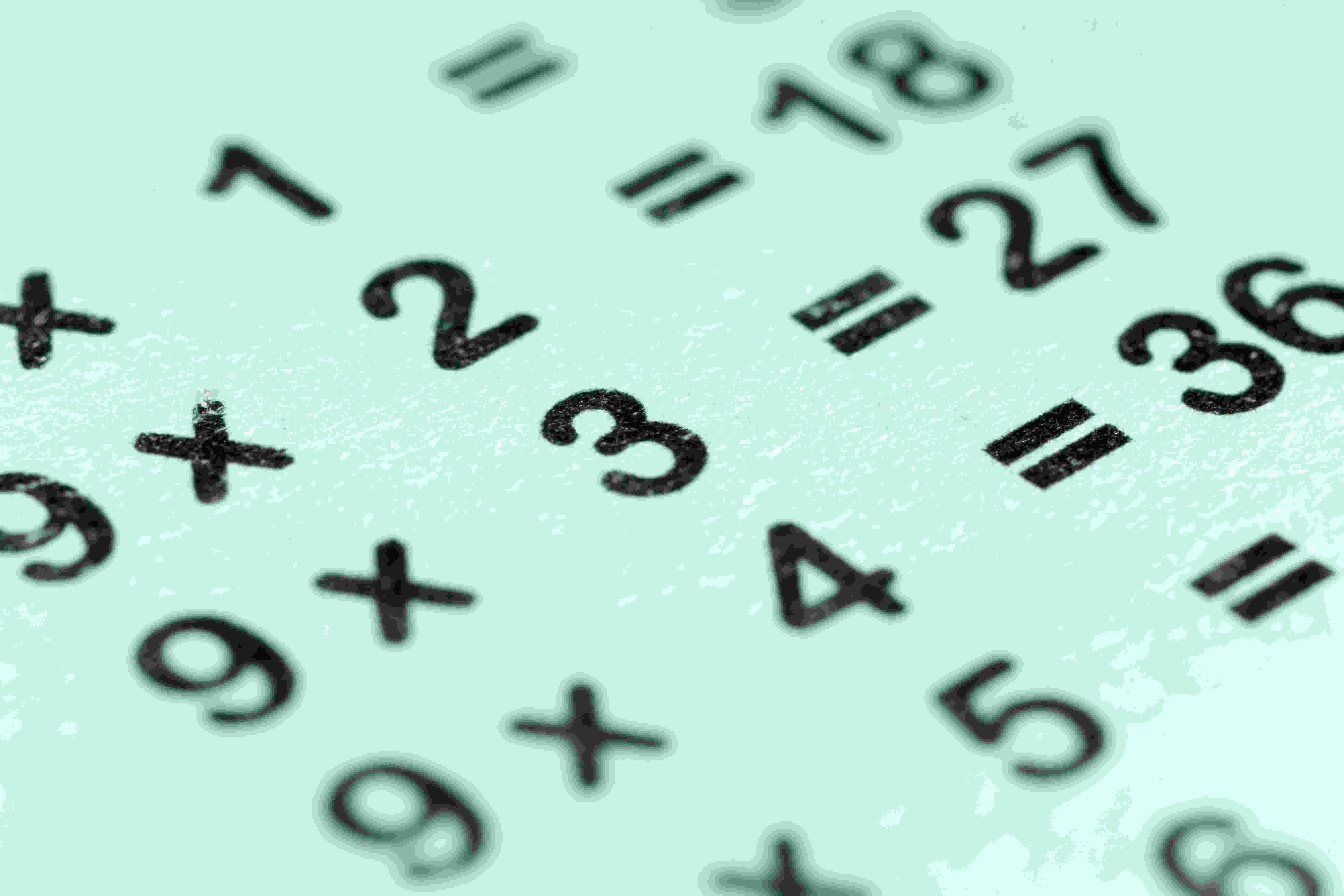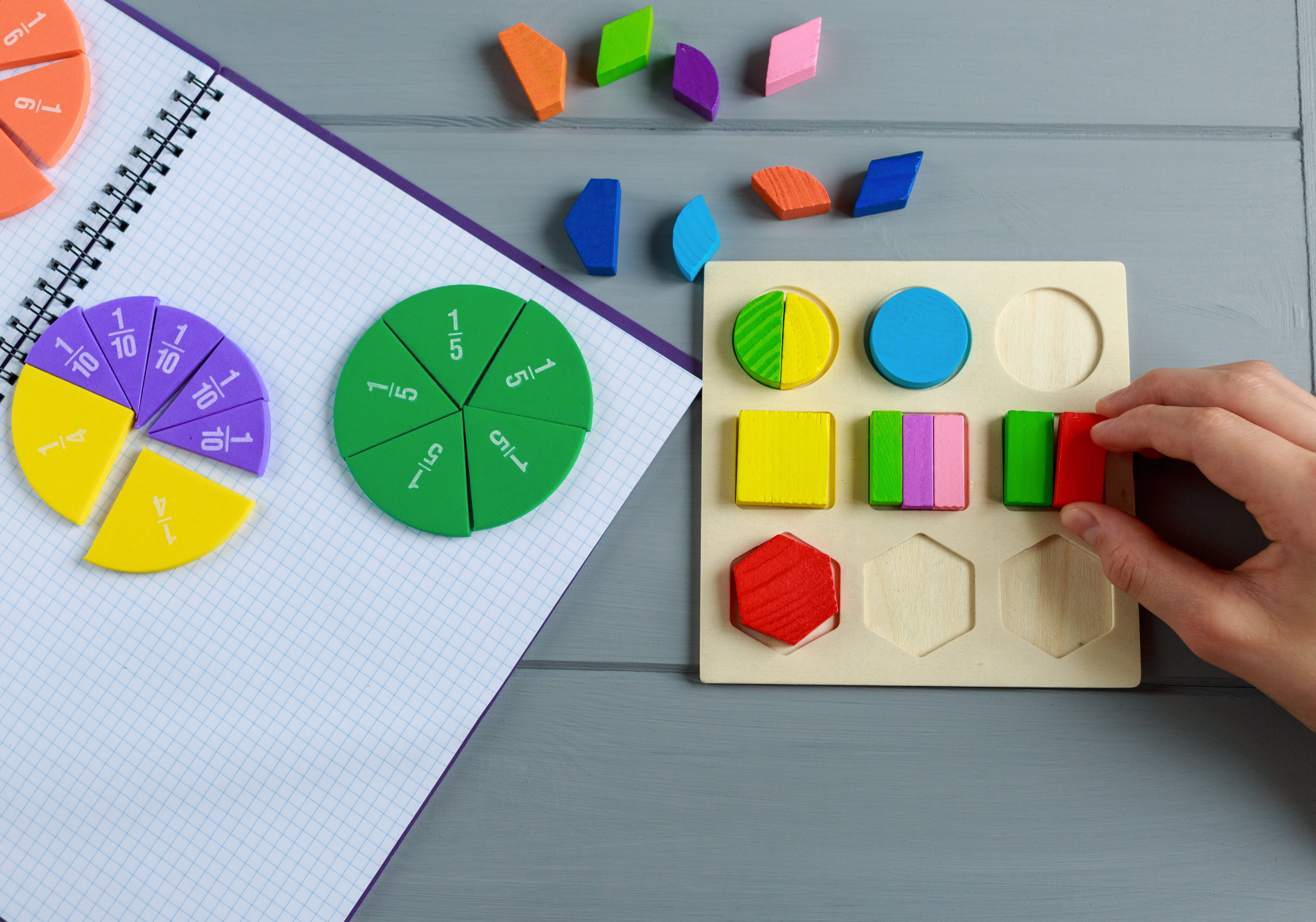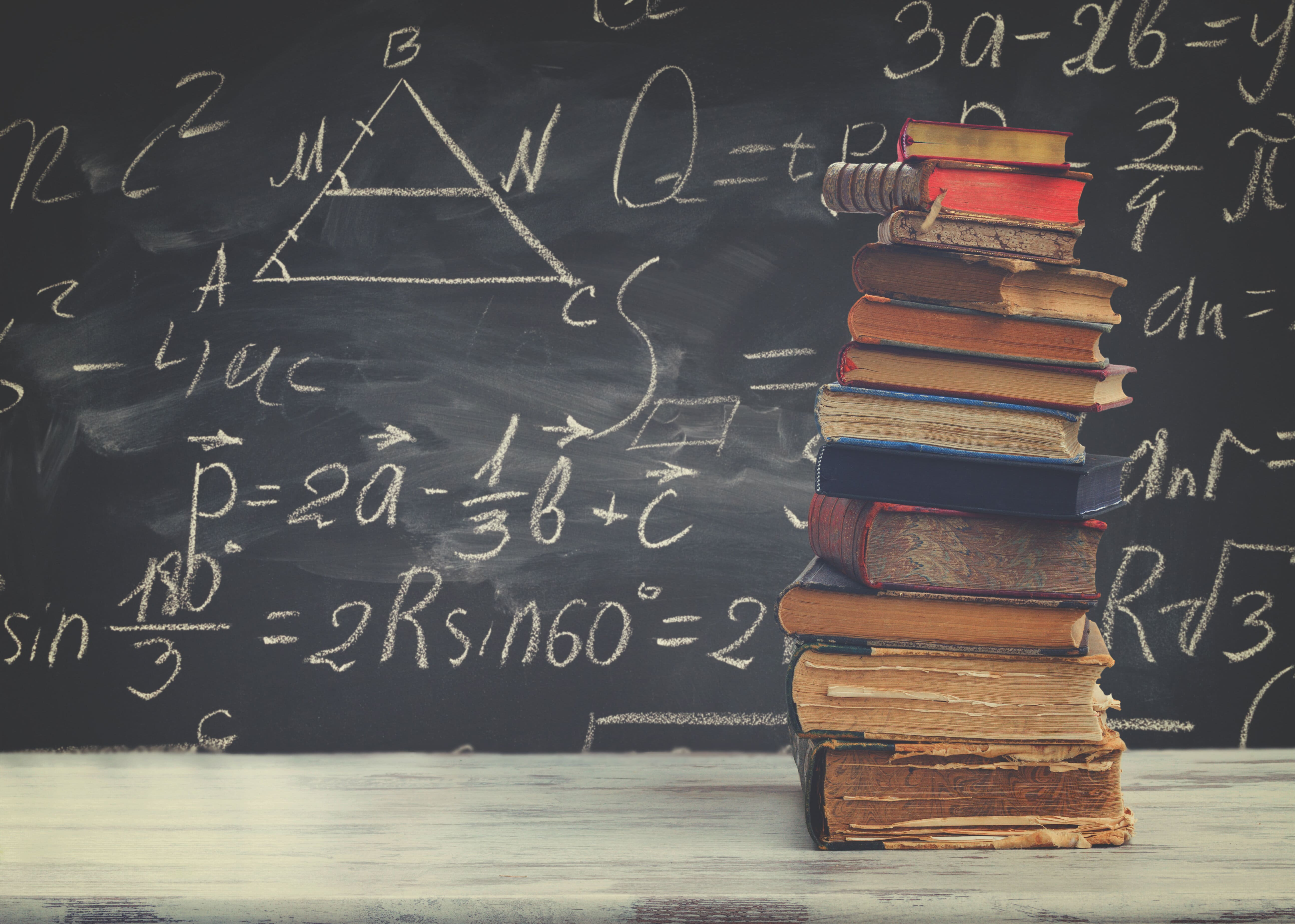How to teach multiplication: lesson plans and worksheets for years 1 to 6

Why is a lesson plan important for multiplication?
Good lesson planning is essential to the process of teaching and learning. A teacher who is prepared is well on their way to a successful instructional experience, and with intentional practice and reflection, continues to be refined year on year. The development of interesting lessons takes a great deal of time and effort as does knowing and acting on any specific SEN, language or other needs that students in your class might have.
The specific reasons that multiplication specifically can benefit from having a plan are like any other lesson where you require a plan.
This article will discuss a variety of topics and provides handy links to teaching resources for multiplication: including year 1 multiplication planning and worksheets; multiplication and division problems for year 2 too; year 3 multiplication worksheets; the same multiplication problems for year 4, year 5 multiplication games, and multiplication questions for year 6.
How to teach multiplication
A multiplication lesson at key stage two often focuses on students’ understanding of multiplication from Key Stage 1, using the times tables they have already learnt to explore more complex multiplication facts.
Lessons for different ages
Multiplication is a key area of mathematics that is revisited year on year. It is vital to pupils’ educational success within the subject, as the conceptual understanding of multiplication runs through many other areas of maths – similar to place value, addition etc.
The kinds of problems students might have to solve at different stages varies in their complexity — see below for types of multiplication.
Planning a multiplication lesson
For the more experienced teachers it is often a default, organic response to begin planning a sequence of lessons: curriculum design is all about asking such questions as “What is the most logically coherent, and often easiest, way we can first introduce an idea to our students then build on it?”. Also, more straightforward first principle questions like “Why is this curriculum taught in the order that it is? Is this the best order?”
Pango, a new resources library and organiser, lets you find lesson plans and order them, along with much else. Intuitive and easy technology means you can even create a PowerPoint presentation based on your lesson plan.
Types of multiplication
Years 3 to 6 will sometimes encounter the three key structures of multiplication of repeated addition, scaling and Cartesian product, the last of which is rarely used in primary schools.
Repeated addition is a multiplication structure that all teachers will be aware of. It is simply the understanding that some multiplication is the result of continuously adding the same number over and over again. To save time in class, we use the multiplication symbol. Hence 2 + 2 + 2 = 2 x 3.
It can be commonly visualised as an array. This structure is evoked when we ask students to solve questions such as There are 3 apples in a pack and I buy 5 packs. How many apples are there altogether?
See me after this blog post if you didn’t get the same answer as your peers!
Assess progress
Quick, low-stakes summative assessment is a great way of seeing what students have learned — it can be done at the beginning or end of a lesson; short, question and answer or hand-raising quiz rounds are great for this.
Pango also makes it easy to track students’ progress against your own custom-made curriculum standards and objectives over the course of a year. They also have many popular Standard sets ready to go in their public library.
Year 1 multiplication worksheets
There are some great multiplication and division materials for Year 1 on Pango, including fun multiplication games from Get The Buzz.
Year 2 multiplication worksheets
Year 2 multiplication worksheets are growing on Pango, and any teacher or educational professionals can submit theirs for review.
Year 3 multiplication worksheets
There is a decent crop of resources for Year 3 on the multiplication and division front including a generous 53 worksheets for year 3 at the time of writing.
Year 4 multiplication worksheets
There are 37 multiplication and division worksheets for Year 4 at the time of writing (July 2021) and it will only keep growing. Search ‘short multiplication’ or ‘multiplication as repeated addition for different resources including this nice review worksheet.
Year 5 multiplication worksheets
108 high-quality short multiplication resources for Year 5 maths and 143 resources for multiplication and division — while there may be some overlap in these search results, Pango goes to show that it’s coming along when providing to all age groups and ability ranges.
Year 6 multiplication worksheets
Again, the multiplication and resources for Year 6 maths are in the triple digits (108), while for the more specific short multiplication worksheets for Year 6 there are currently 35+.
Looking for some Year 6 maths games that involve multiplication? This may suit.
Lesson plan templates
Pango offers a wide selection for almost all maths at all school levels in the UK (Year 1 through to Year 13). At the time of writing, there are more than 25,000 individual items that are curated along with quality criteria by Pango. Acquiring resources is easy — just by creating a free Pango account can you be within reach of having detailed worksheets and lesson plans. Like other libraries for resources, some resources require a small royalty to their creator for producing dependable educational resources.


